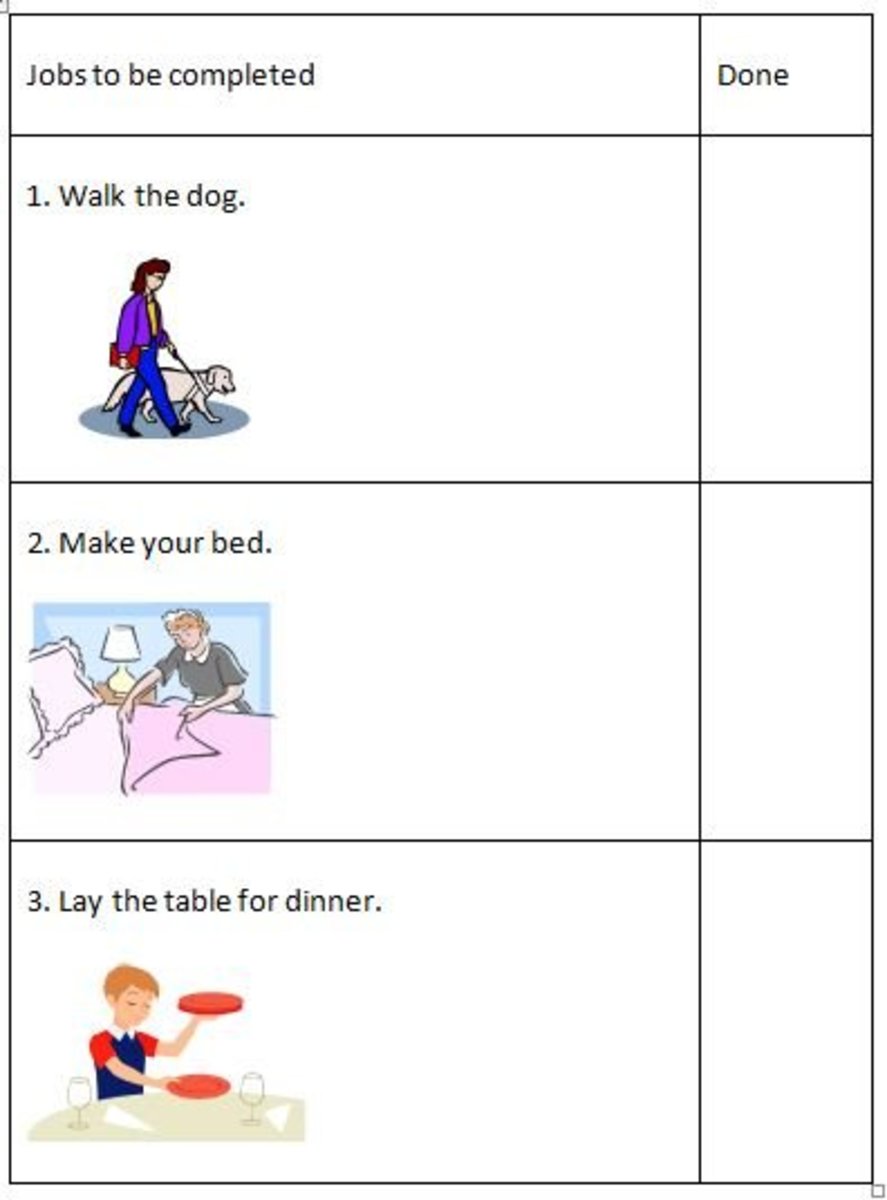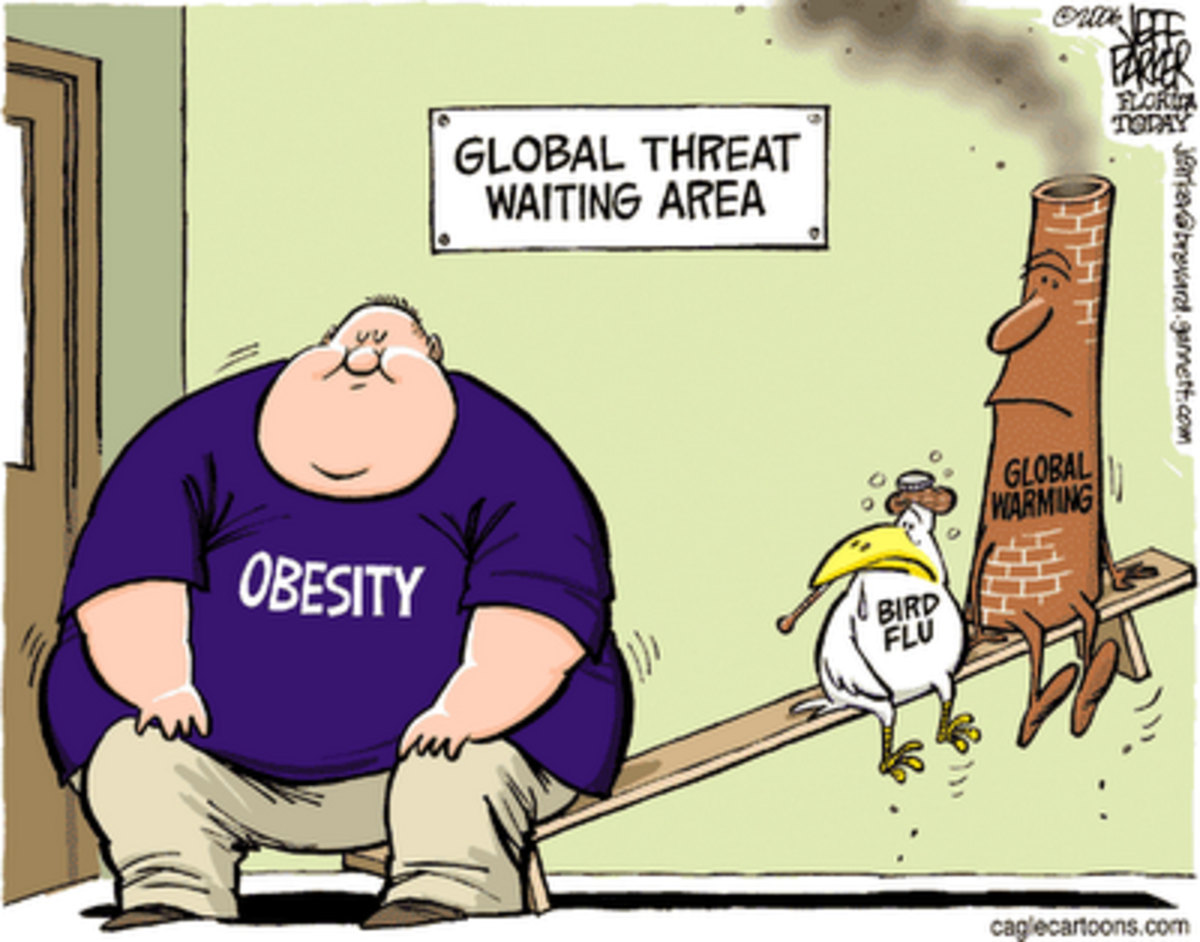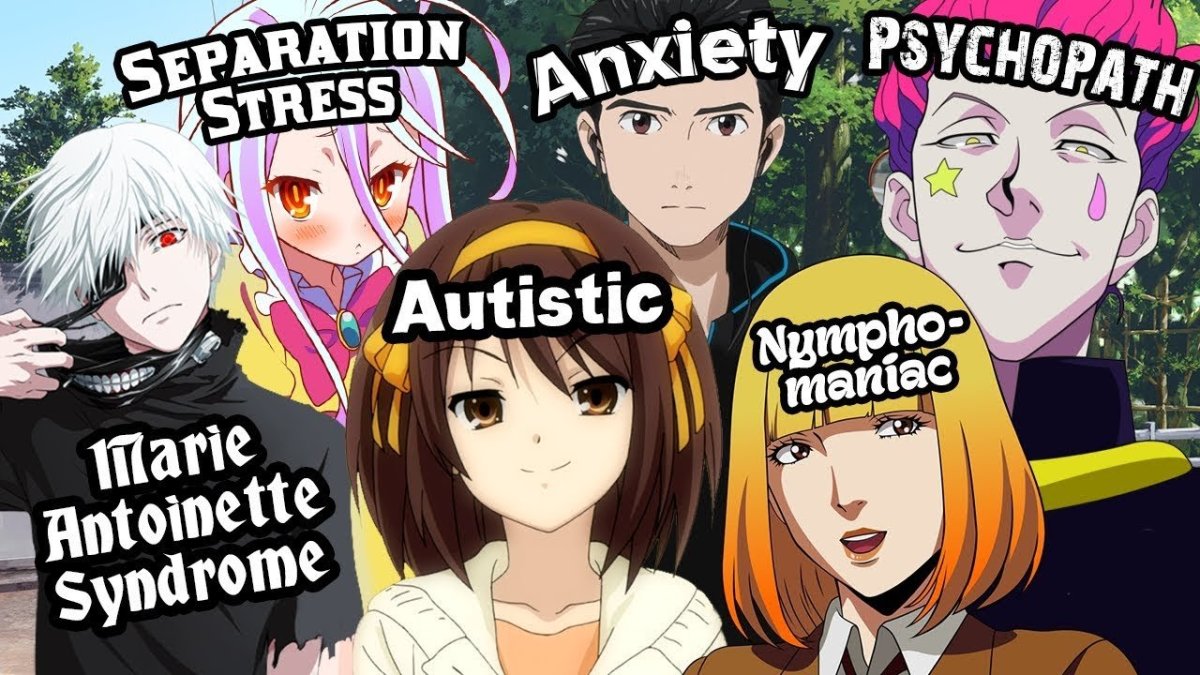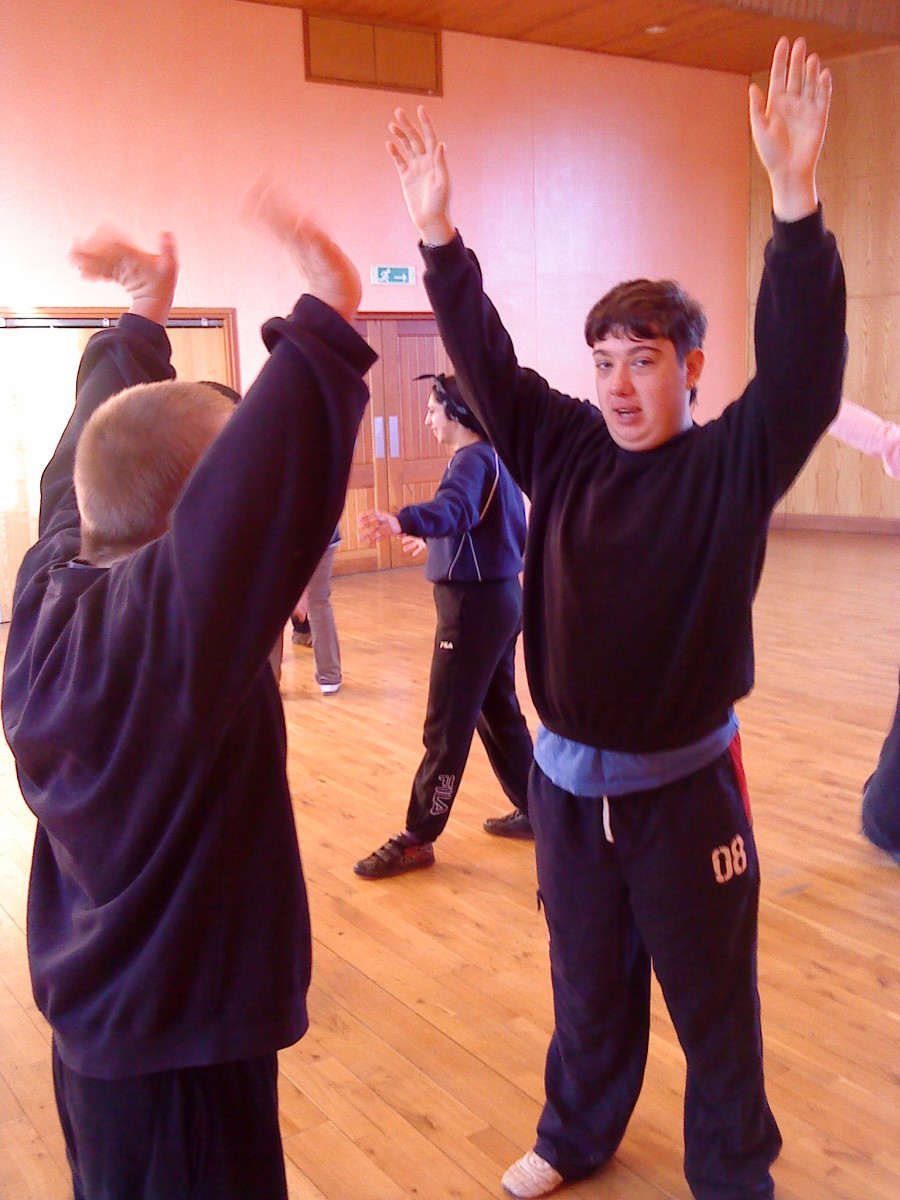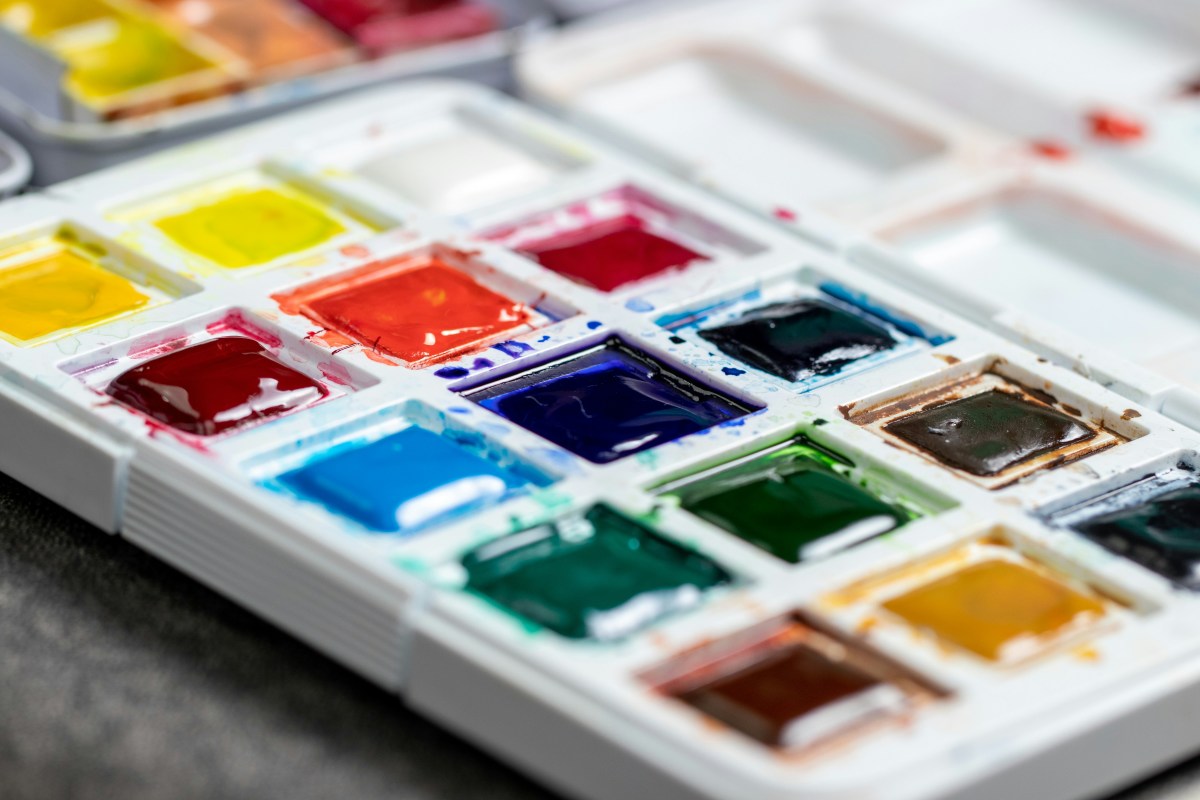- HubPages»
- Health»
- Diseases, Disorders & Conditions»
- Autism & Asperger's Syndrome
It's Called Being Neurodivergent
Juxtaposition
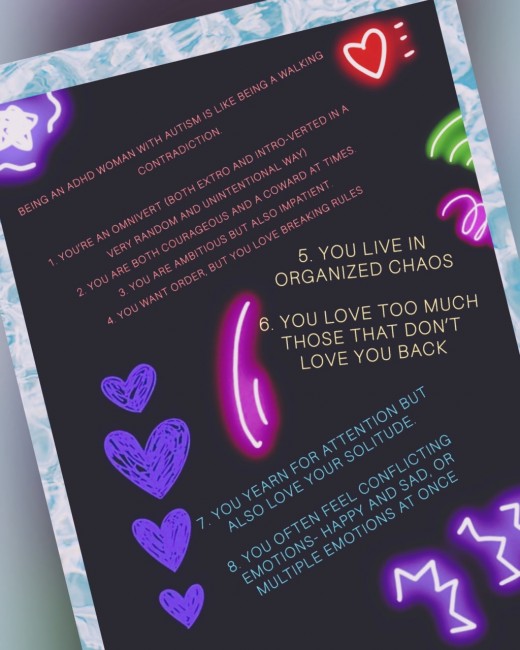
A Walking Contradiction
Last night, as I was scrolling my phone, I thought about how many times I've contradicted myself in my life, and honestly, it's a lot. Having both autism and ADHD, although similar, makes things a bit challenging for me sometimes. In fact, I was so taken by my thoughts that I created the images you see above and posted them online last night, a small echo of my soul reaching out for those other kindred spirits that understand the complexities of being who we are. I like being creative and expressing that, too. Sometimes I like to create collages with quotes on them or things I have said. I always love for it to reflect kind of how I am feeling in the moment. The picture is organized, but also chaotic, just like my wild, wonderful, beautiful, neurodivergent brain. A perfectly imperfect human mind...
We ARE Emotional People
Most people believe the old saying that ADHD is just a "focus issue" and autism just means "they can't interpret emotions"....both of which are in fact, completely false assumptions. Firstly, there is such a thing has hyperfocus with ADHD, and when I am hyperfocused, NOTHING, and I mean NOTHING will keep me from completing a task: not food, sleep, work, or anything else. Pretty much everything becomes a blur except that one thing, and your heart races with an excitement and anticipation that is too strong to be kept inside. Other things, yes, we might have a focus issue with, but the things we hyperfocus on are usually our best traits and talents.
On the other hand, for some reason, people assume autism means that you are unable to interpret emotions from others and/or yourself. That is such a lie. I am one of the most emotional people I know! I remain conscious of what people say, and I do often worry what they think, or how they may interpret something I say, but that does not mean I can't understand them. I believe I am actually pretty good at reading people because I have to think about that more than the average person. That's just how my brain works. If something is a struggle for you, like social skills, the more you practice, the better you are able to handle these things. I just find it so rude to assume that we don't have the ability to express emotion; that we are indifferent, we like order, and that we are resistant to change. That's not true. While there are many things that impact your experiences, no two people with ADHD or autism are exactly the same.
Why Labels Need to Go
Honestly, I think we should move away from the labels altogether, and here's why: ADHD and autism were both thought to be schizophrenia at first. Then came the other labels eventually: Asperger's (named after the individual who discovered that it was NOT schizophrenia and its own separate thing). Then, there's autism. Difference? Not much, to be honest. Persons with Asperger's sometimes may be better at masking and potentially be on the milder side of the spectrum, but not always. Then comes along ADHD, a diagnosis that seems completely unrelated to these two comes forth and makes its name on the autism spectrum. All three are examples of neurodivergence. That's why I think we really should be just saying we are "neurodivergent". As I have taught in special education classrooms and dealt with my own personal struggles, I see how harmful a label can become, and how difficult it can be to move forward in life when you feel different than everyone else, and feel like your presence is a hindrance simply because of who you are and how your brain functions.
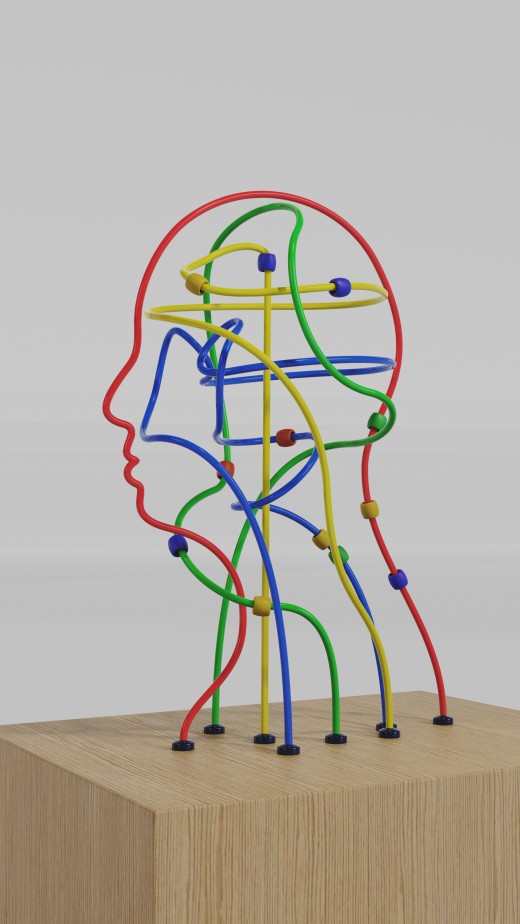
The Meaning of Neurodivergence
One of the most beautiful things about the neurodivergent community is that we are all so accepting of each other. We understand one another, we support each other, we laugh and joke with each other. Persons with ADHD can relate to both persons with autism and persons with Asperger's.
So, what does it really mean to be neurodivergent, then?
If we break down the roots of the word itself, we can begin to understand how all of these conditions converge into one. "Neuro", for instance, means "nerves" or "of the nervous system". Neurological conditions impact the brain by way of misfiring of nerves within the brain, causing uncontrollable seizures, for instance. (epilepsy). This same idea goes for other mental illnesses and conditions. They have to do with something happening, or not happening, in the brain.
"Divergent" is a root that simply means "dividing" or "moving in different directions". It is often used to describe when something fits outside of the norms of whatever it is referring to. So, when you put the two together, you get "neurodivergent", or people that have a brain that works differently or is outside of the "norm". Because of this, neurodivergent individuals may have great strengths and abilities in certain things that others don't, but they also may have struggles with certain things that neurotypical persons might not.
When I think of the word "neurodivergent", I don't think of a negative connotation. I think of it as something positive, like I have a very different way of thinking and looking at the world, which is absolutely true. In my mind, neurodivergent should be the replacement name for all of these spectrum conditions. It's not really a "mental illness" or even a condition in my view: it is simply a different way of existing, of being, of learning and interpreting the world. There is nothing wrong with that. I feel so much of the shame and masking we experience in life as neurodivergent has a lot to do with this, with people thinking we are "ill".
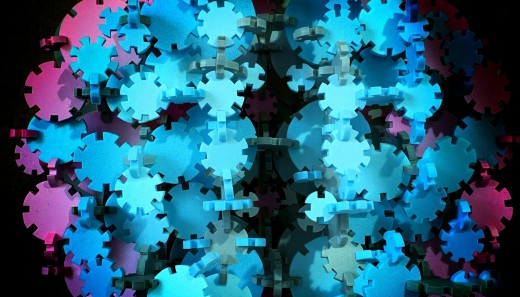
How Things Are Labeled
The DSM-V, or the Diagnostic and Statistical Manual of Mental Disorders, fifth edition is the most recent manual, (with the exception of the DSM-V-TR). The TR version of the manual basically includes things that talk about gender identity, cultural assumptions, and society. While I think those are important considerations when looking at a person's experience, I do not believe they belong in the manual itself, because to me, those things aren't relevant to "mental disorder" in my mind. The idea was to make the manual more inclusive of lots of different views, but it might end up being more harmful than good; really, only time will tell us the answer to that. This was done in 2022 to supposedly make this more "inclusive" to everyone. The important thing to know is that this is a manual for mental health professionals to use in determining diagnoses and diagnostic criteria, therefore, it is written FOR professionals, not the persons being diagnosed. In my personal opinion, I think all of these names for mental conditions and mental disorders just keep changing and growing larger year after year. I think it would be best if instead of continuing to make new and long lists of conditions, we come to a more "spectrum" type of view in the mental health field, not just of autism, Asperger's, and ADHD, but also of other mental conditions that share similar symptomatology. (For instance, bipolar, borderline personality disorder, 'manic' depression, etc). ---I do believe these share enough characteristics that it would be more useful to look at these mental illnesses as being on a spectrum too. The spectrum concept, for people and for psychologists and physicians diagnosing these disorders, would make it more personalized, useful, and less attributed to negative connotations and labels that could actually be a detriment to those of us seeking success and happiness.
Why It Matters
To me, labels are never good, especially in regard to the neurodivergent experience. We all share many symptoms and traits, and we appear to be on that same spectrum, together, thinking "outside the box", as we do. I don't know, I just think there is something to that, something important and valuable about making your life important and not letting your disorders or conditions or mental illnesses get in the way of that. We are neither crazy, lazy, stupid, or unkind.
We are simply humans, that want love, that want acceptance, and for once in our lives, we want to be treated with more decency and respect than anything else. To me, this is the change we need in the mental health field to really help those like me on the spectrum that have struggled. Our struggles made us who we are; they made us stronger, and more bold. We are a beautiful, interesting, wonderful type of people. We are all unique, and shouldn't that be prized instead of called "crazy" or "mentally ill" all the time? I think so.
© 2025 Anne Marie Carr


